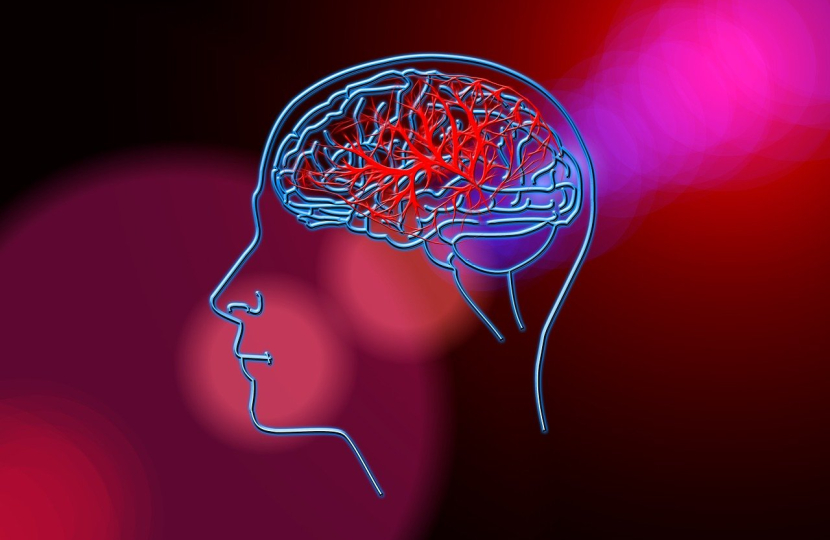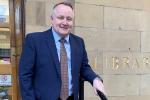
May is Stroke Awareness Month, when efforts are made to raise awareness about strokes and their impact.
A stroke is a serious life-threatening medical condition that happens when the blood supply to part of the brain is cut off.
Strokes are a medical emergency and urgent treatment is essential. The sooner a person receives treatment for a stroke, the less damage is likely to happen.
It's vital to know how to spot the signs of a stroke in yourself or someone else. The Stroke Association recommend you use the FAST test to help you recognise the signs.
The FAST acronym (Face, Arms, Speech, Time) is a test to quickly identify if someone is having a stroke.
* Face weakness: Can the person smile? Has their mouth or eye drooped?
* Arm weakness: Can the person raise both arms?
* Speech problems: Can the person speak clearly and understand what you say?
* Time to call 999: if you see any of these signs.
Acting FAST will give the person having a stroke the best chance of survival and recovery. Always call 999 straight away.
Ambulance paramedics are trained in stroke and will ensure the person receives emergency medical care and specialist treatment.
The FAST test helps spot the three most common symptoms of stroke, but there are other signs that you should always take seriously. These include:
* Sudden weakness or numbness on one side of the body, including legs, hands or feet.
* Difficulty finding words or speaking in clear sentences.
* Sudden blurred vision or loss of sight in one or both eyes.
* Sudden memory loss or confusion, and dizziness or a sudden fall.
* A sudden, severe headache.
If you spot any of these signs of a stroke, don't wait. Call 999 straight away.
Symptoms vary between different people but often come on suddenly.
If the symptoms only last a short amount of time, it could be a transient ischaemic attack (TIA), also known as a mini-stroke. It is still vital to call 999 and get urgent medical attention. A TIA is a medical emergency and a warning that you are at risk of having a stroke.
While most people who have a stroke are older, younger people can have strokes too, including children. One in four strokes in the UK happens to people of working age.
Last year, the Stroke Association circulated information that showed that the latest Sentinel Stroke National Audit Programme identified that stroke services in Wales have been deteriorating, and in fact, in North Wales were worse than in any other part of the country.
Most or many of the hospitals in the region were graded as 'E', the worst grade in terms of their performance.
When I raised this in the Senedd at the time, I said: “Most patients were not being admitted to stroke units, most patients don't have access to speech and language therapy, and sadly we have the worst access to physiotherapy too”.
Stroke care in North Wales is falling well short of where it ought to be and this is not acceptable.
Stroke Helpline: 0303 3033 100. Supporter Relations: 0300 3300 740
For further information and support visit https://www.stroke.org.uk



